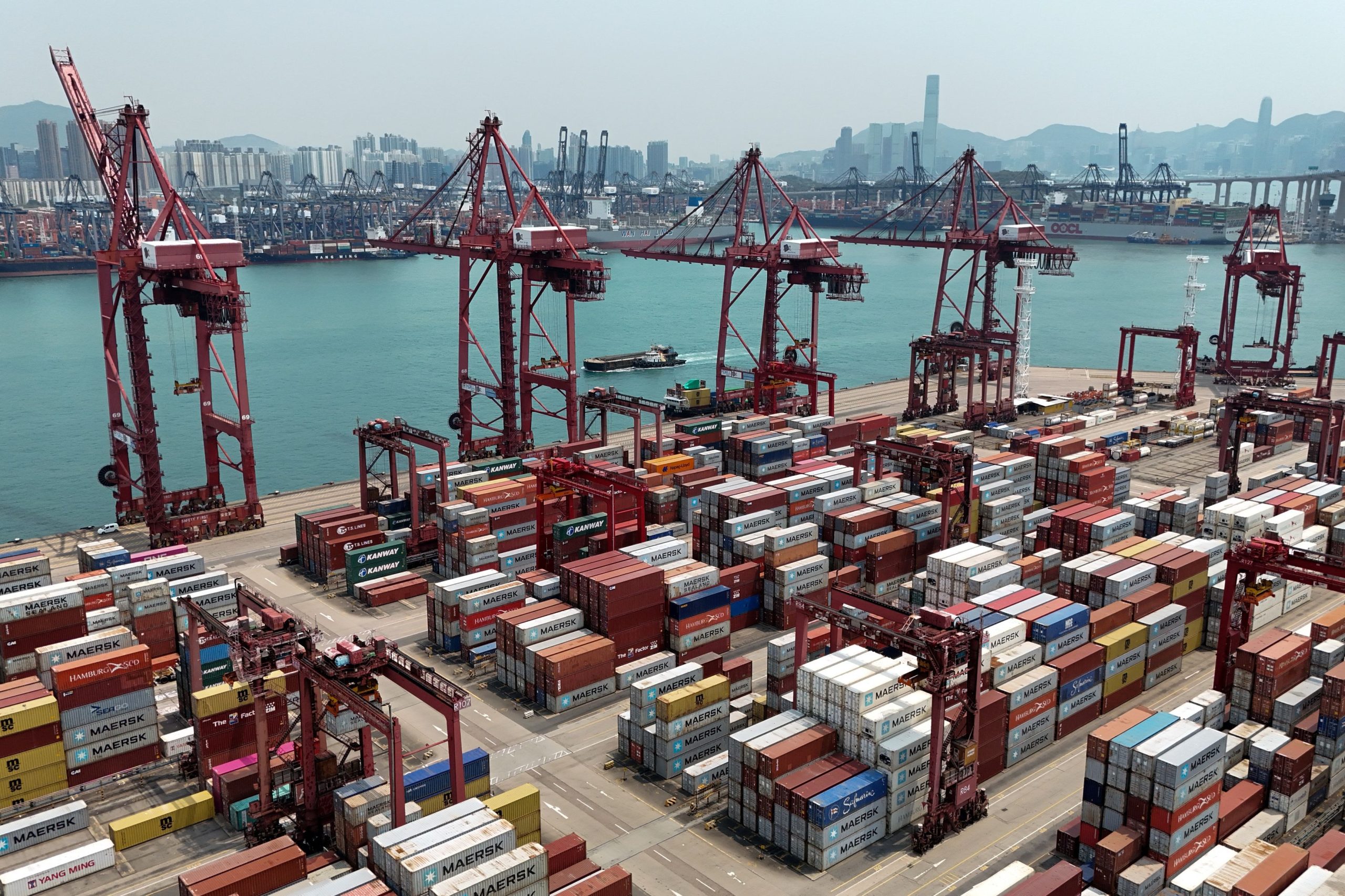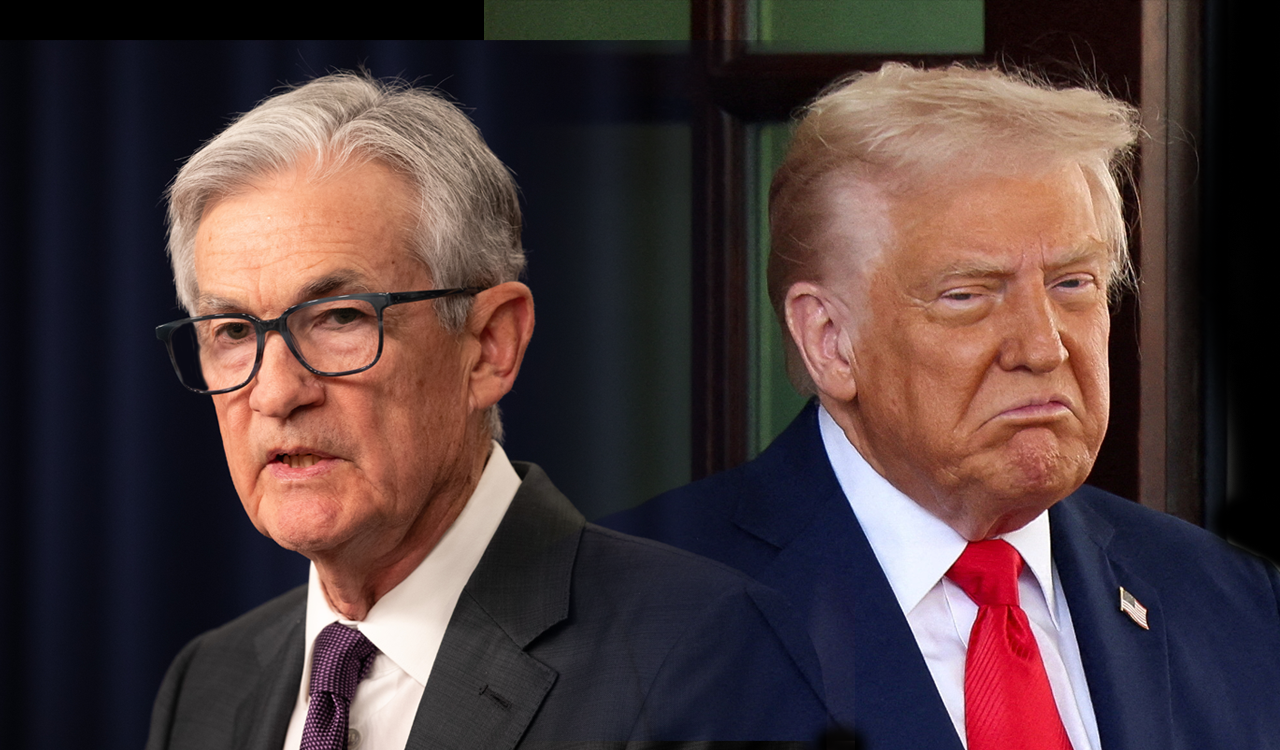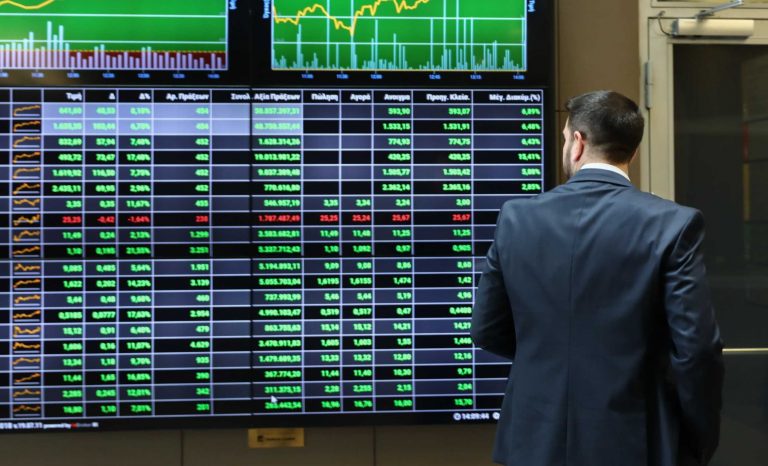The truth is that the changes of the next 20 years will be equivalent to the changes of the last 200 and that the next decade will be the most important one in the history of mankind. The acceleration of the digital transformation brought about by the pandemic revealed to us a rapidly changing landscape, not only in the functioning of the state or business, but also in the human dimension, the working behavior of talents and especially in what is defined as such, redefining an important factor of the “future of work”.
One of the characteristics of our future is that, in a world that is constantly changing, we cannot thrive as organizations and businesses, if we rely on static knowledge and skills. This is because skills have now lost their long-term viability – their useful life expectancy is on average two to five years for business skills and just one and a half years for more technical skills. By 2025, it looks like 50% of workers will need retraining, as automation will eliminate 85 million jobs worldwide. However, 97 million new roles will be creayed in the labor market to respond to the new data, with one in two employees recognizing the importance of Artificial Intelligence (AI) as an essential skill they will need for their future. This seems to be a concern for CEOs worldwide, with 73% of them considering that the lack of skills and talent in the labor market consists a significant point of disruption.
So, one would think that organizations should, more than ever, invest in Upskilling and Reskilling programs. Indicatively, 41% of the executives of this year’s global survey Human Capital Trends of Deloitte stated that creating workforce opportunities through Upskilling, Reskilling and inward movement is one of the most important organizational actions they undertake to transform work.
However, is Reskilling capable of preparing the future human resources? Reskilling, although now necessary, is not a solution for the long-term and sustainable development of employees and consequently of organizations. If the skills do not have the life span we want and need constant renewal, then even more important than any individual skill is the deeper ability of people to acquire, apply and adapt their skills to the environment and the needs that arise. To evolve. To adapt. “Human abilities” are defined the elements such as resilience, emotional and social intelligence, empathy, adaptability, critical thinking, creativity and collaboration. Elements that have a longer duration and a wider application, regardless of conditions and timing. By investing in these characteristics, we strengthen the readiness of the workforce in the face of any future disruption, while, at the same time, the ability of people to renew their skills is now directed towards the adoption of a “thrive mindset”.
D. Koutsopoulos is the CEO of Deloitte Greece.

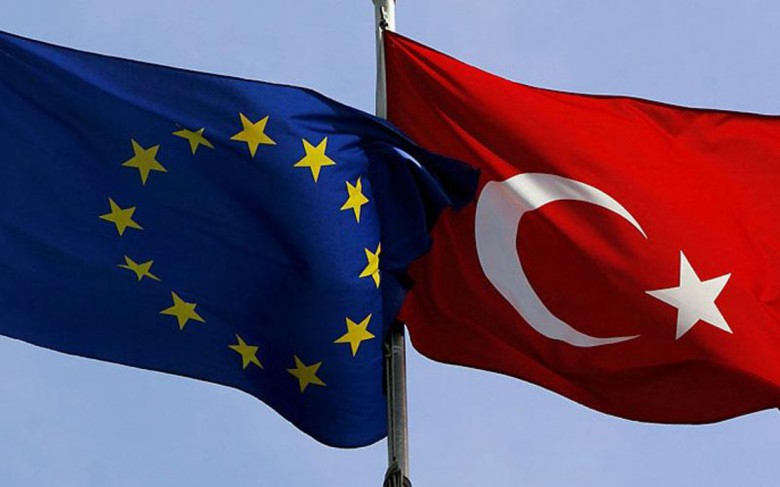
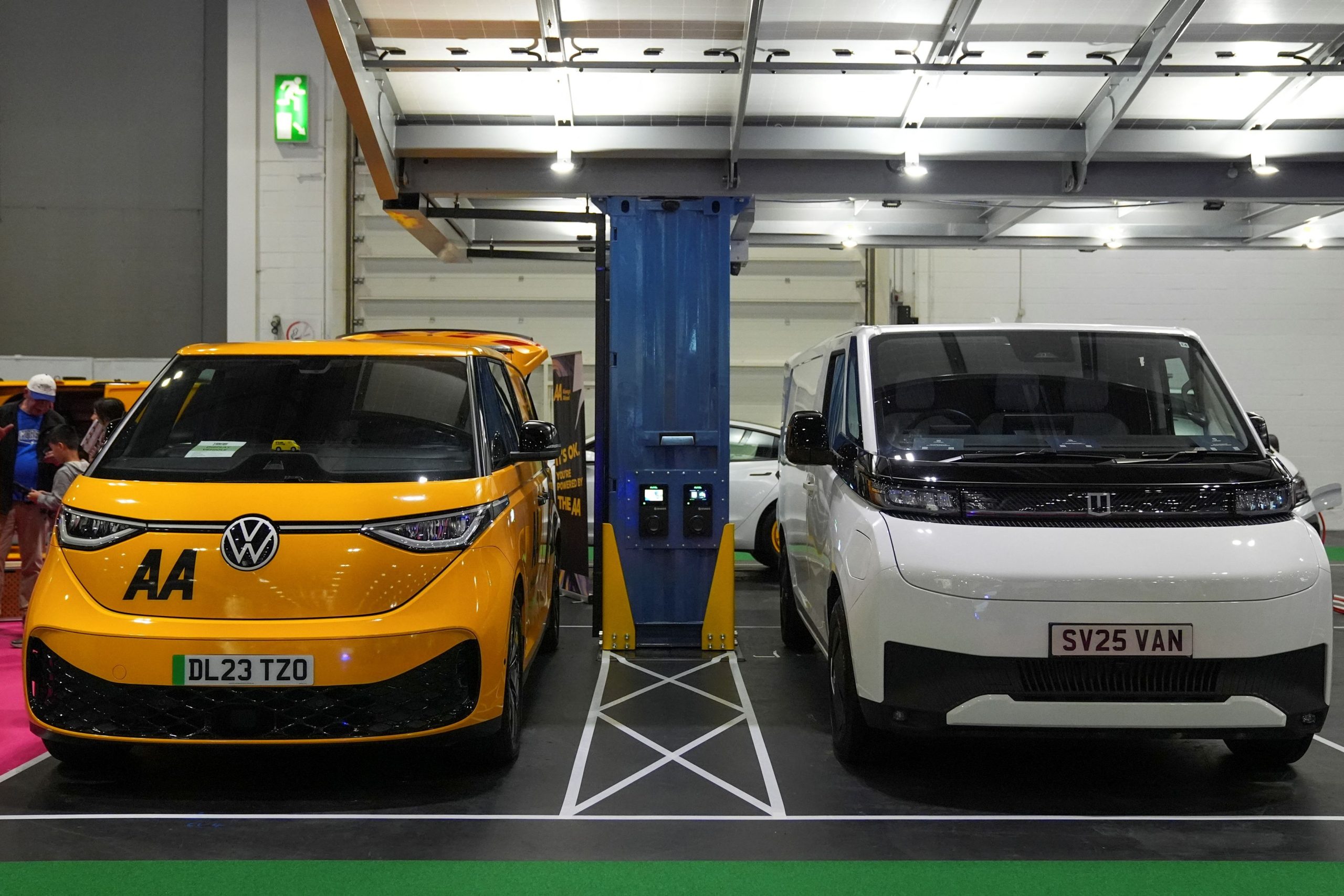
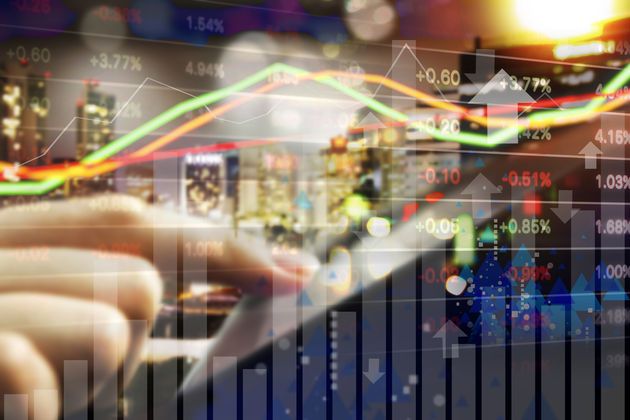
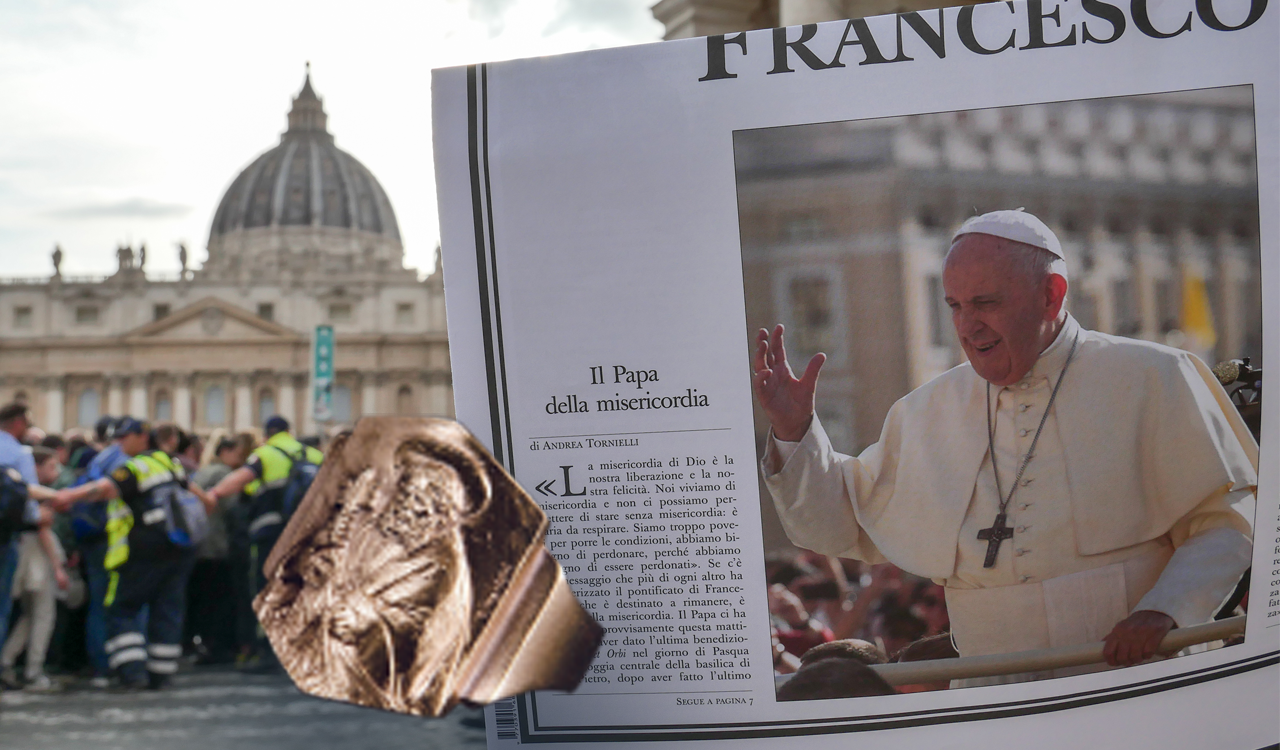

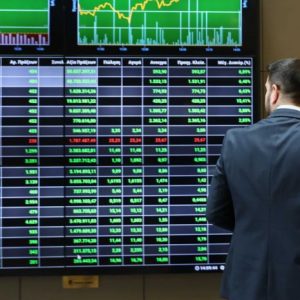


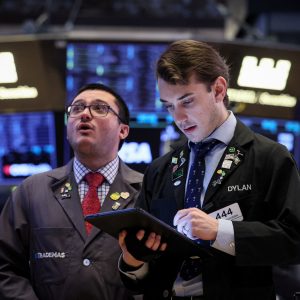
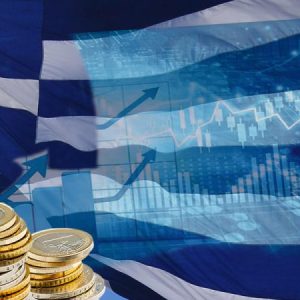
![Οι αλλαγές που υπάρχουν στα φορολογικά έντυπα για τα εισοδήματα του φορολογικού έτους 2024 από ακίνητα [Γ’ Μέρος]](https://www.ot.gr/wp-content/uploads/2025/03/akinita.jpeg)

